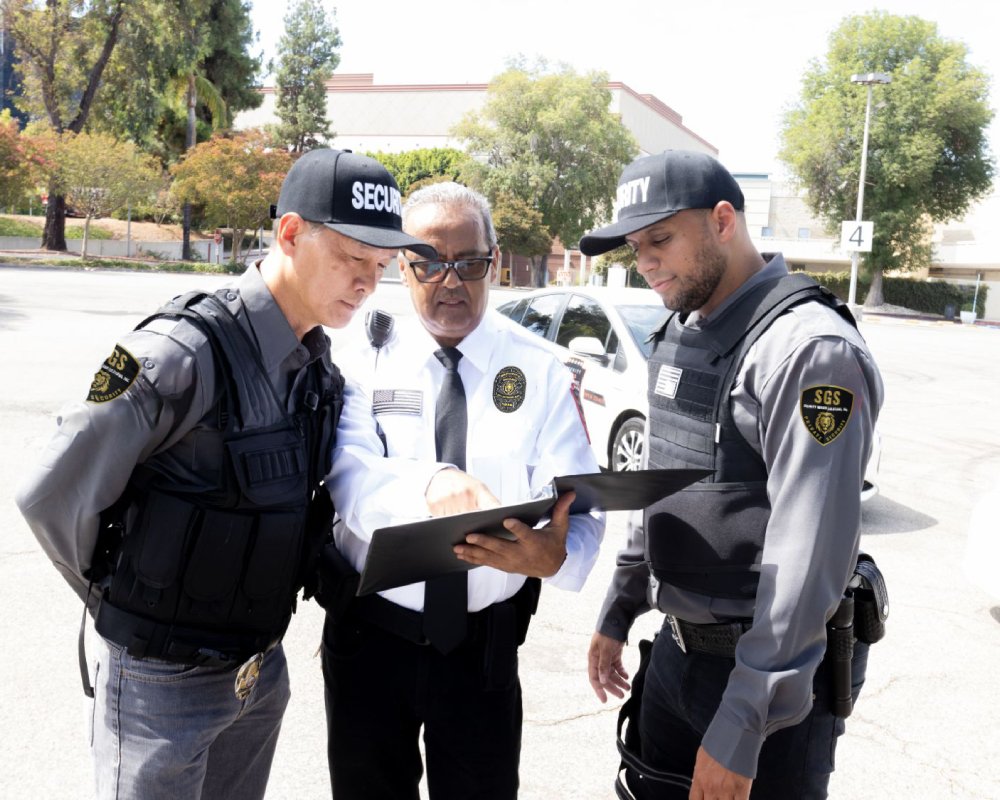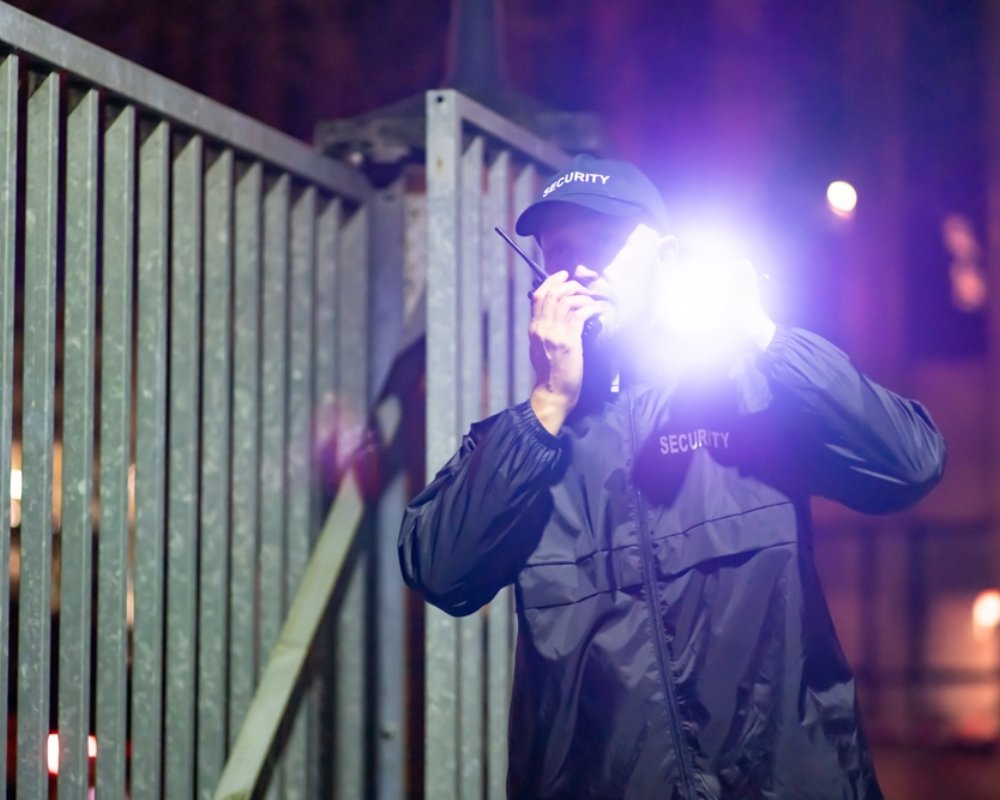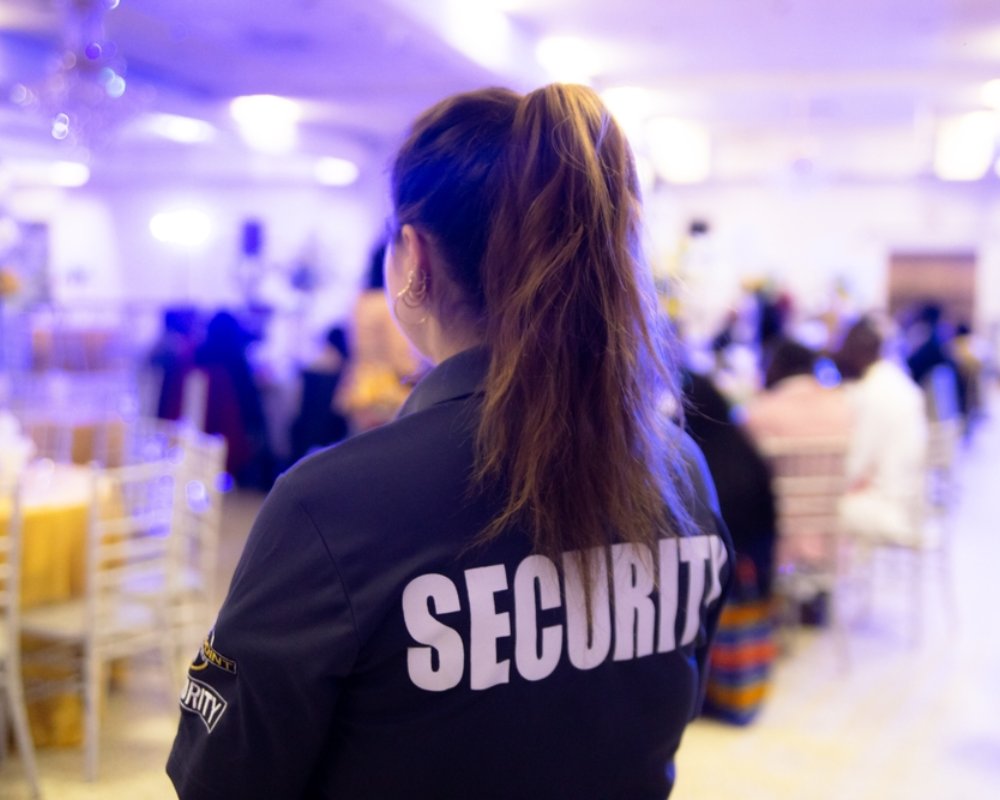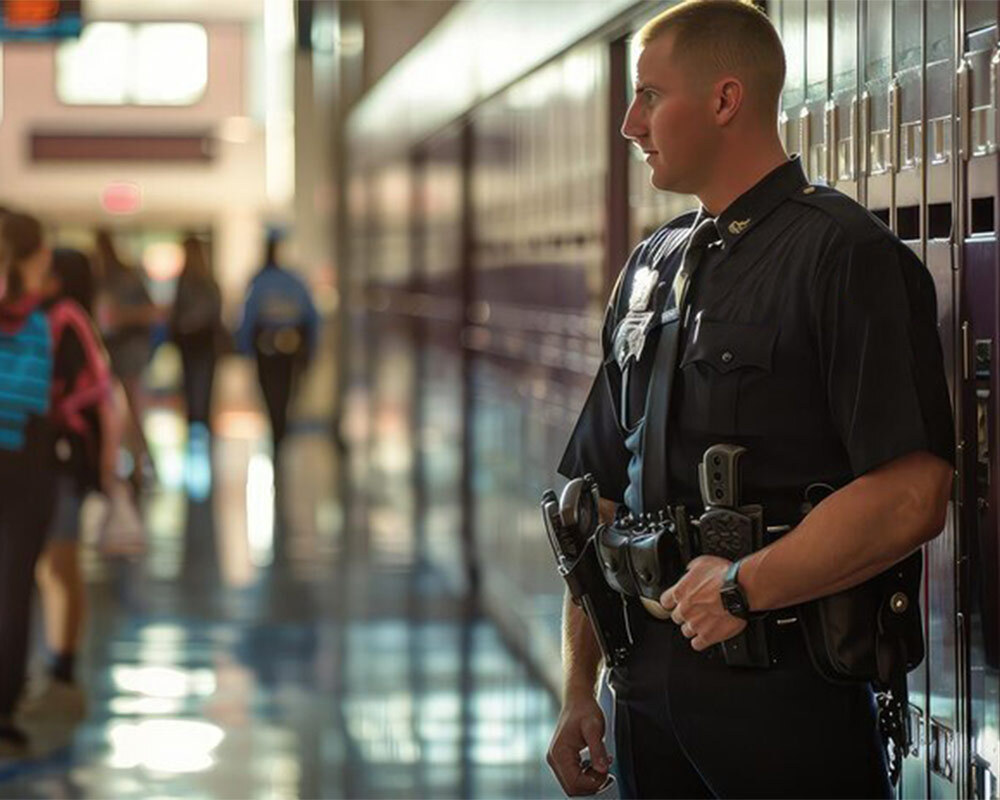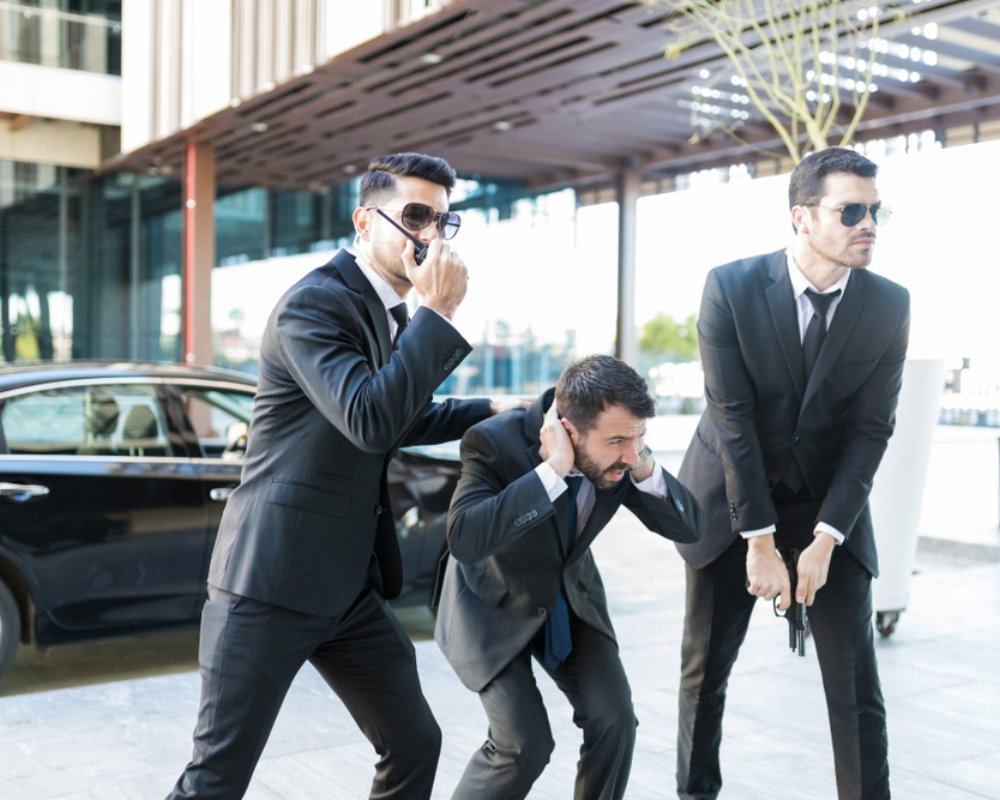California security guards play a crucial role in maintaining and promoting safety measures in different settings, including businesses, public spaces, events, and residential areas. Understanding the legal authorities and adhering to the boundaries are essential to ensuring that the security personnel operate within the confines of law.
Limitations of a security guard in California are outlined through specific regulations and parameters that are to be followed by all. Clarifying these legal parameters and understanding what security guards can do are critical to effectively perform duties and preserve law and order situation in California.
It’s easy to cross lines while fulfilling duties; therefore, a detailed guide entailing what security guards can do and what they should avoid is imperative for employers and authorities. Keep scrolling to explore the details!
Duties and Obligations of Security Personnel
The primary objective of security personnel is to safeguard and protect individuals and the assets of their contracted clients or employers while efficiently adhering to the boundaries. Proactively preventing events and unforeseen incidents is the critical responsibility of security personnel. In case of an offense or incident, security guards are expected to observe the situation and report immediately and accurately for further investigation.
What Security Guards Can Do
While security guards share many similarities with police officers, their job description includes limitations that must be followed. Even though security guards wear uniforms, protect people and properties, and carry weapons like police officers, they still differ from police officers in numerous ways. They operate as private citizens with limited authority and specific obligations.
This distinction can sometimes blur the legal boundaries surrounding the actions of security guards. The following explores the legal parameters that govern the actions of qualified and reputable security guards;
Conserving Properties
One of the primary duties of security guards is to protect the properties of the employers or contracted clients. Within their capacity, security guards are expected to preserve the safety of both the premises and individuals. The powers of a security guard include the authority to request the individuals to vacate the premises, prevent loitering, and, in some cases, detain individuals they suspect are committing crimes.
Detain Individuals
In situations where individuals are suspected to commit a severe crime, standing security guards have the authority to detain them. However, they must have probable cause to believe that a crime has occurred or is about to occur, and they must turn over detained individuals to law enforcement authorities as soon as possible.
While the powers of a security guard include detaining individuals, they must understand and abide by laws, refrain from taking situations into their own hands, and refer to the respective authorities.
Employ Reasonable Force
Compliance with Company Policies
Security guards can enforce and implement specific company policies established by their contracted company or client. The policies may include access control, visitor management, and adherence to safety protocols set by the employer.
Communicating with the Law Enforcement Entities
Prompt Emergency Responses
In emergency situations like fire, medical incident, or security breach Firewatch security guards are authorized to take prompt and suitable actions, safeguarding individuals on the premises. Their authority includes evacuations, alerting emergency services, and providing immediate or necessary medical aids.
Presence and Observation
Security guards are legally permitted to observe and report any suspicious activity in their designated or assigned service area. They may document specific details. Sharing details of the individuals involved, the nature of the incident, and other relevant information may help law enforcement agencies conduct further investigations and safeguard the public.
Deterring Criminal Activity
Security Guard’s Legal Limitations
In California, security guards operate under certain rules and regulations, delineating what they can and cannot do legally. Some security guard’s legal limitations are discussed below;
Using Excessive Force
Security guards are allowed to use reasonable force but only as much as necessary to protect themselves and other from harm or detain someone until the law enforcement agencies arrive. The security guards must abide by all laws and boundaries when it comes to use of force.
Search and Seizure
Security guards cannot search an individual without consent unless an exception is made in their contract. Since security guards are not permitted broad search and seizure powers, therefore, any search conduct must be reasonable and related to the service area’s safety protocols.
Perform Law Enforcement Duties
Responsibilities within the purview of law enforcement agencies are exception and cannot be performed by security guards as they are liable to adhere to specific boundaries. It is crucial for guards to understand that they cannot impersonate law enforcement officers. Hence, security guards must be fully aware of their rights, duties, and limitations as security personnel.
Carry Weapons
Limitation of a security guard in California includes carrying firearms. It is against the law-abiding forces or rules set. However, in certain cases there is an exception. This requires training and certifications, including a valid Firearms Permit issue by the California Bureau of Security and Investigation Services (BSIS). Guards in California must abide by the laws and regulations regarding how, when, and where to use the weapons.
Racial Profiling and Discrimination
Security guards are prohibited from discriminating against individuals based on race, color, caste, ethnicity, religion, or other personal factors. Their actions should be guided solely by evidence of criminal activity, and they must ensure that personal biases do not influence their decision-making at any level. Moreover, treating all individuals equally and with respect is suggested during and after duty hours.
Unauthorized Arrests
Security guards are not allowed to make formal arrests like law enforcement agencies. While they are permitted to detain individuals temporarily, they must refrain from making arrests without authorizations. However, security personnel can arrest till the law enforcement agencies arrive.
To Sum Up
While BSIS regulates private security industry norms and regulations, it is imperative for all security personnel to abide by the standards and training curriculum set by the law-enforcing entity. Understanding and adhering to legal boundaries is pivotal for the role of a security guard. They can observe, protect, report, and act as a communicating bridge between the law enforcing agencies and the individuals in certain situations.
However, they do not have the same power as police officers, such as making arrests or conducting investigations. They are bound to operate within the legal confines, ensuring their actions are guided by fairness and impartiality in all circumstances.


